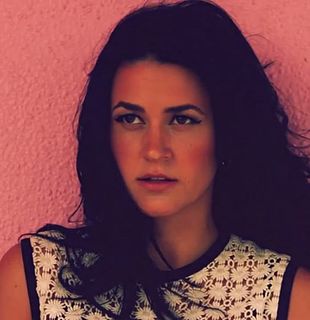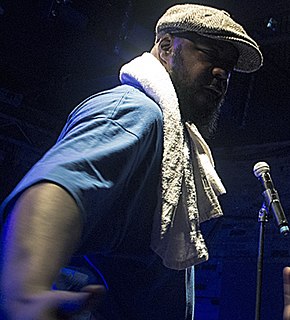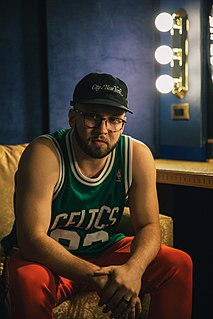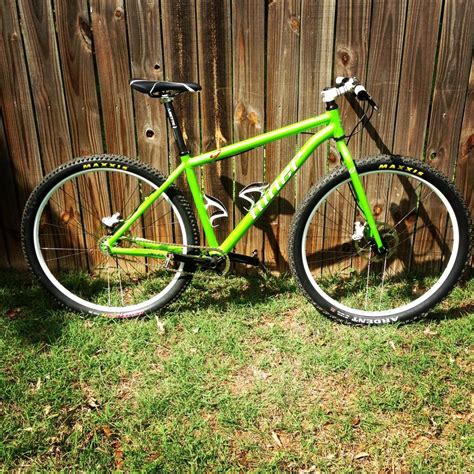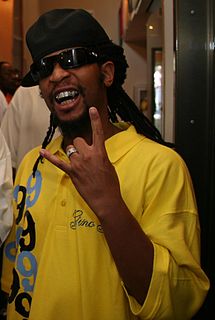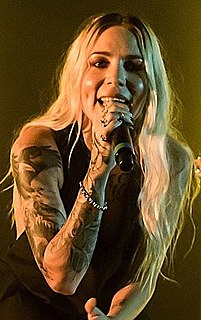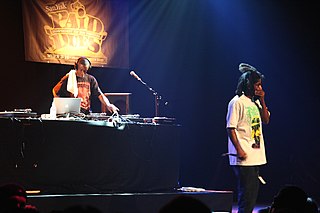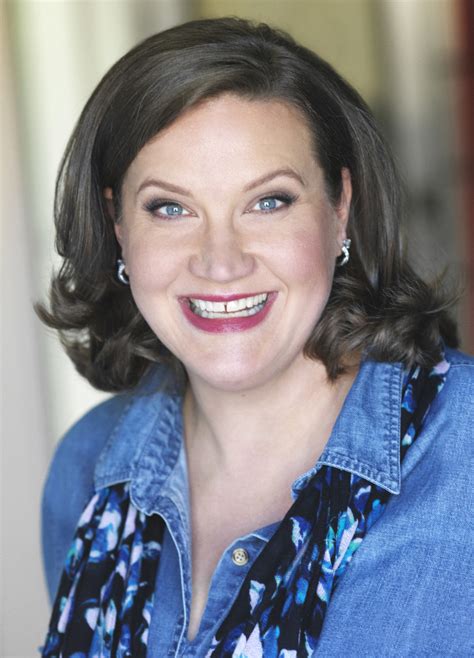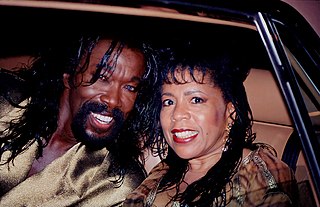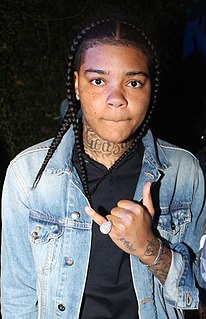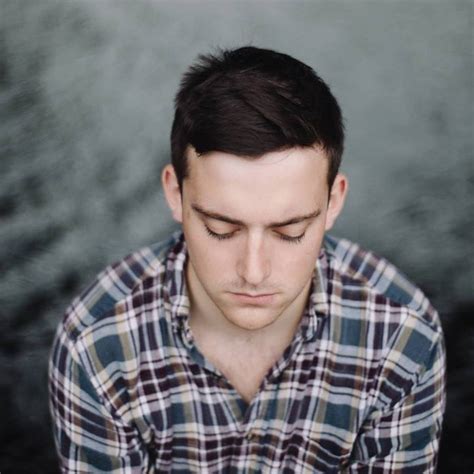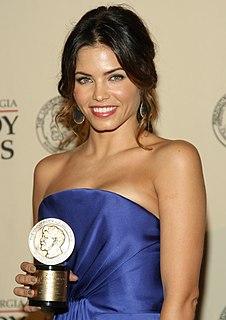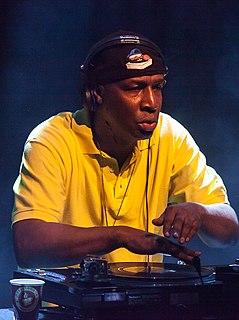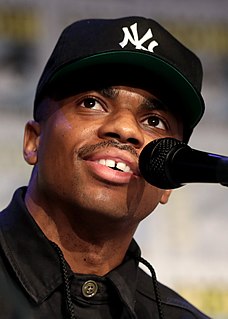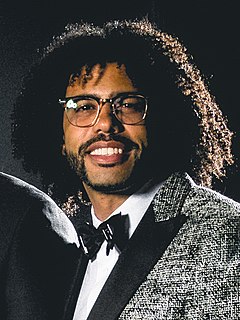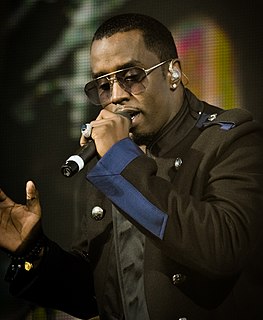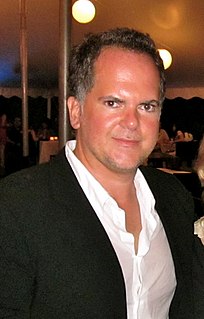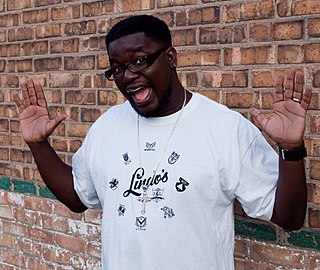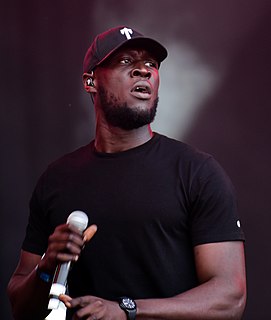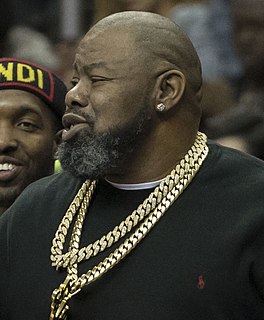Top 1200 Hop Quotes & Sayings - Page 5
Explore popular Hop quotes.
Last updated on December 12, 2024.
My name was given to me. I didn't just decide to change it one day. But I ran with it to reflect a more peaceful and positive attitude for my new Reincarnated project. The Snoop Dogg name is so connected to hip-hop, and I didn't want to change that. Hip-hop raised me, and I would never turn my back on it.
Growing up in Miami, I had all these great, strong influences. Being Cuban and the Latin influence, but also the strong hip-hop influence. I know that people everywhere listen to hip-hop, but especially being from the South, you really get that influence. You go out, you party, and it's just always there.
I will say it's great - that Method Man - Cliff Smith - plays a rapper in a laundromat who is working out some lyrics sort of to the rhythm of a washing machine. And something about hip-hop culture and hip-hop is the ability to use current language and slang and reference details of life is very, very strong for me.
This is where hip-hop has become so doomed lately, in this confusion that rappers are street guys. You are not street guys. Get out of that mentality. It's killing hip hop creatively, and it's killing morally. I just think it's a disaster. You're not in the streets and do not be confused about that. You're in legitimate businesses.
I think one of the reasons I've had success in hip-hop is that I can bring out vulnerability in people who are generally seen as tough guys. To me, when a hip-hop musician always plays tough, I find it annoying because I know they're not really like that - there's something deeper and vulnerable. There has to be, because they're human beings.
I never hated hip-hop. It became the new rock and roll. It became the biggest thing that Africans have ever done in the history of the Americas. Hip-hop put more black Americans on than anything before it. It fed more people. It allowed them to diversify into clothing lines and billion-dollar headphone companies.
And finally, I just felt it was crucial for some of us in the hip hop community to speak up on the issues of teen suicide, bullying, and the overall anti-homosexual sentiment that exist within hip hop culture. I felt so strongly about these issues and this song that I had to do a video that would command some attention, even if it makes some viewers uncomfortable.
I think that people have been claiming hip-hop as being dead since the moment it started. I think there are people - and I can be included in that category sometimes - that get frustrated feeling like maybe the industry has handcuffed itself, or trained its artists to do or think about music in a way that classically hasn't led to the greatest records in hip-hop.
We were never organized readers who would see a book through to its end in any sory of logical order. We weave in and out of words like tourists on a hop-on, hop-off bus tour. Put a book down in the kitchen to go to the bathroom and you might return to find it gone, replaced by another of equal interest. We are indiscriminate.
Hip-hop kind of absorbed rock in terms of the attitude and the whole point of why rock was important music. Young people felt like rock music was theirs, from Elvis to the Beatles to the Ramones to Nirvana. This was theirs; it wasn't their parents'. I think hip-hop became the musical style that embraces that mentality.
I think I can see people wanting to hear more music-music now as opposed to all hip-hop. You know, which I have nothing against hip-hop. I think some of it is really good. But on the other hand, some of the real great artists are just being lost because they're not getting the airplay or anything to make them inspired to record again.
All my favorite artists are downtempo - Portishead, Burial, a lot of 1990s trip-hop. Some people are saying that I'm trying to help with the trip-hop revival that's possibly going on, but I'm not aware of other artists that are necessarily doing that. But if they are, that's fantastic. It's a great medium of electronic music. There's a lot of emotion - it's good for soundtracking a late-night drive.
I had danced with Janet Jackson and P. Diddy so I had done a bunch of hip hop. Really and truly my roots are in modern and ballet but, professionally, that's not really out there any more, unfortunately, so these artists aren't really having a lot of ballet dancers behind them so I had to learn hip hop really quick.
I think that's one thing that hinders hip-hop and I think when everybody tries to be the same... That's why people look at the 1990s almost like it was a golden era in hip-hop 'cause it was so much diversity in the music and in the artists. It wasn't everybody just trying to paint the same picture and say it with the same flow.
If you want to speak about different ethnicities and diversity, rap and hip-hop are all over the planet. Every country, from Turkey to Australia, now has tons of hip-hop artists. The music and artistry have moved way faster than the corporatization of the music. You do need organization and opportunity for these artists to express themselves, and I don't think it has to come from a corporate co-signing.
I see that happening with hip hop purists now. Where you have an artist like a Kendrick [Lamar] or a Drake, who are really trying different things emotionally, different things musically, and on a mainstream level. And you have underground hip hop fans dissing it, for the simple fact that it's mainstream - not because what they're doing is whack, or what they're doing is not sincere.
I'm a fan of the mythos of Atlanta hip-hop, and it's something I grew up imagining. It was very interesting to get there and see the real version of this world and then reconcile the differences between what's presented as Atlanta hip-hop to the rest of the world and what the real, breathing version of it is.



